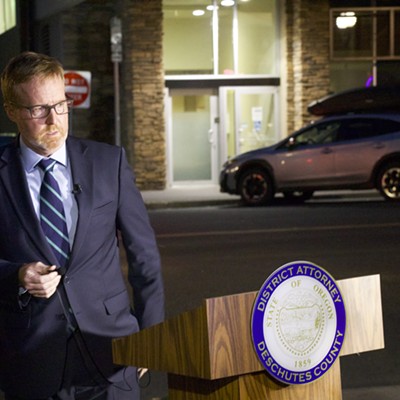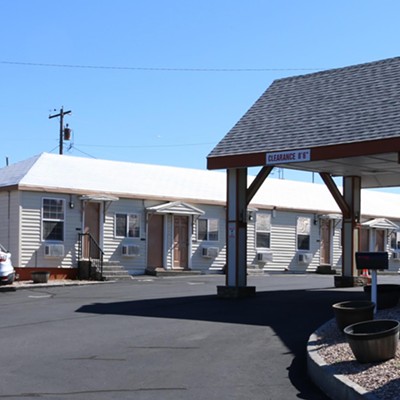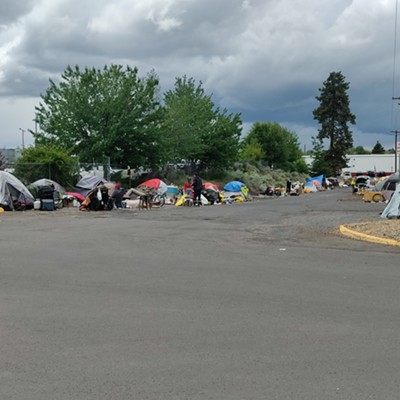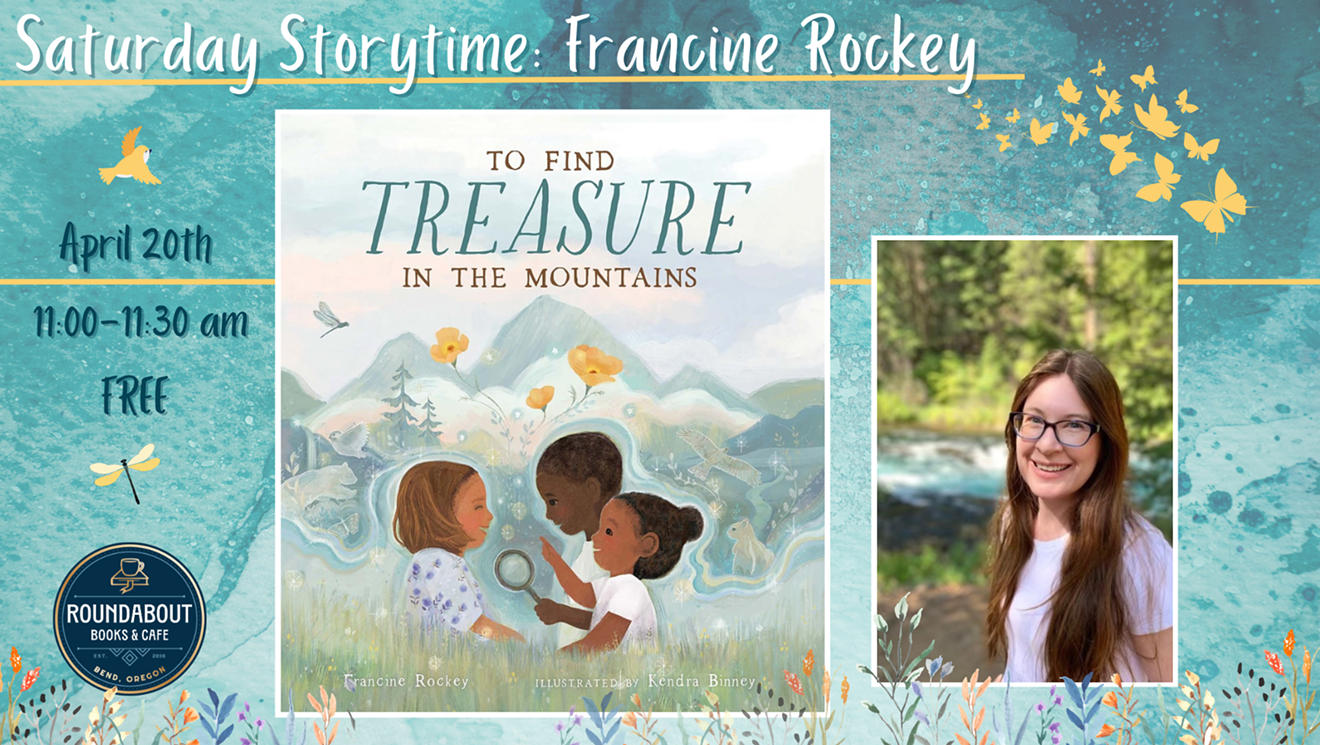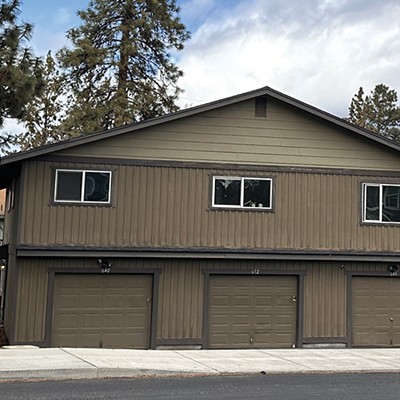At City Council last Wednesday, an ordinance to expand the so-called "civil exclusion zone" was essentially re-introduced. Currently, the City allows police to "exclude" for 90 days persons accused of certain criminal and civil violations from specific areas downtown; the alleged violations can be as innocuous as littering, graffiti, or underage drinking. Based on recommendations from the police department and encouragement from downtown businesses, it has been suggested that the Exclusion Zone be dramatically expanded from its current territory—which currently covers parks and the Brooks Street area. That idea to expand that zone was already introduced two weeks ago, and approved at its first reading by a 5-2 vote.
Usually a proposal has two readings—and votes—before becoming an ordinance. Not quite a mulligan, this second "first reading" provided additional clarifications, as necessary to fine-tune some constitutional concerns.
Ultimately, the modifications did not change any votes at City Council, nor did they alleviate our concerns that the Exclusion Zone—especially this proposed massive expansion—is not the best and most sustainable means to calm crime in the downtown area.
Last Wednesday, one resident told City Council, "It seems like our crime problem may not merit having this type of exclusion zone," and poignantly added, "I think we're beginning to have a reputation for being white elitists."
At the forefront of concerns is whether the Exclusion Zone has quantifiable data to back up the policing measure. Has there been a major crime spike in the downtown area? Have these sort of measures worked in other cities?
In spite of owning a store downtown, Barb Campbell is one of the two city councilors opposed to the ordinance, and seemed to respond to these concerns: "Number one," she said, "I don't think it's going to work." Then, referring to information supplied in support of the expansion, she added, "What is less reason to take action, you look at the very last chart; our crime rates are going down." She concluded, "I think we're trying to clean up downtown so its cuter for our tourists."
Nationally, there are big concerns about the uneven application of heavy-handed force against specific demographics. There are no such accusations against Bend's police force, but exclusionary zones are a step towards an us-versus-them mentality—not a mentality that feels very "Bend" to us.
Instead, there are stellar models of community policing that emphasize collaboration over conflict. On a recent "This American Life," an initiative was profiled from Richmond, California, that actually works with—not against—that city's toughest offenders by providing gang members incentives to complete high school, secure jobs, and otherwise move their lives toward being productive members of the community—and has proven results. Yes, this example is a far more dramatic model, dealing with murderers instead of litterers, but the implications are the same: Successful policing models exist that look toward the root causes of crime and treat those rather than pushing them elsewhere. In a city like Bend, which banters around words like "community" and "acceptance," perhaps a more collaborative approach would philosophically sync better.
That attitude seemed to be voiced by City Councilor Nathan Boddie, who listed off other measures that could be taken, like "substance abuse treatment, homeless outreach, mental health care, additional public bathrooms in parks and downtown"—and provided a broader directive, "Help the population struggling with these things rather than moving them out of eye view." Boddie added, "I don't think [the exclusion zone] is the right tool for the job. I think it's akin to using a machete instead of a scalpel."
We agree.

